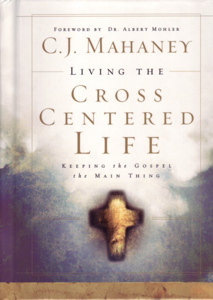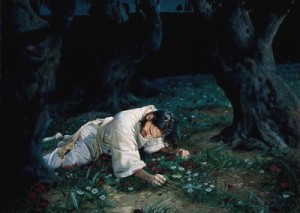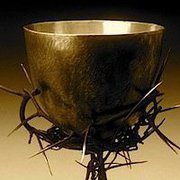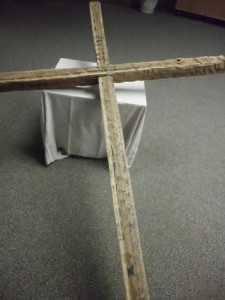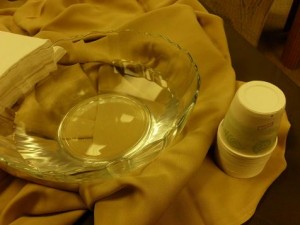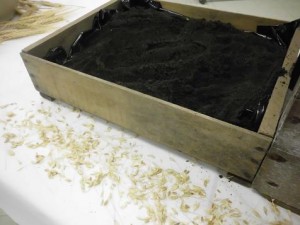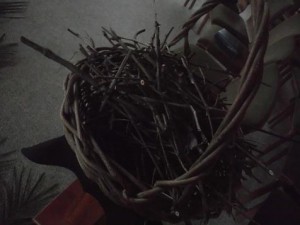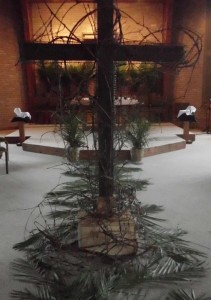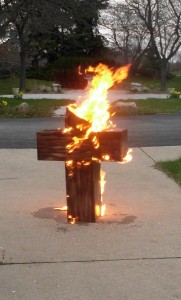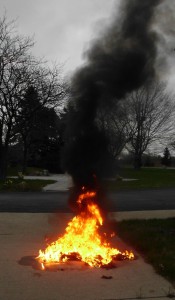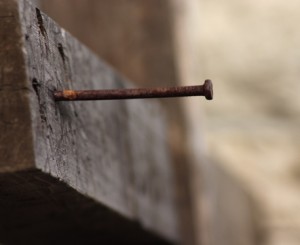In January of 2008, I made a request of God, asking for a gift I hoped to receive from him during that year. I’d been bothered by my over-familiarity with the crucifixion story and asked him to increase my understanding of Jesus’ sacrifice.
I longed to get away from the Christian-ese vocabulary hindering an accurate perception of the cross but had no idea how the Lord could teach me what I longed to know.
Birgitta and I were part of a mother-daughter Bible study that year, and when our leader announced we’d be studying C.J. Mahaney’s book, LIVING THE CROSS CENTERED LIFE, I was disappointed. The title didn’t sound much like high school daughter material. Little did I know God planned to use this little book (no bigger than a 5 x 7 photo) to answer my January prayer request.
We were nearly half way through the book when God shocked me by revealing something that wasn’t about Jesus but about me: the depth of my own sin. The way he did it impacted me forever.
Mr. Mahaney wrote, “Knowing the hour of His death is fast approaching, Jesus has come here (Gethsemane) in need as never before of his Father’s comfort and strength. Instead, hell – utter separation from God – is thrust in His face. He confronts total abandonment and absolute wrath from His Father on the cross, a distress and an abandonment and a rejection we cannot begin to grasp.”*
As the truth of this terrifying picture settled in on me, I began to tremble with horror at what I’d done, how disastrous my sin was for Jesus, not just the big things I was sorry about but the teeny sins I’d brushed under the rug. All of it. Any of it! And I started to cry.
Unable to read through tears, I left my book and the chair and knelt on the floor, blubbering my grief to the Lord, brokenhearted over my guilt in front of him. He continued to show me the monumental cost of Christ’s sacrifice, and I took off my shoes.
Mahaney wrote, “(Jesus) has every right to turn His tearful eyes toward you and me and shout, ‘This is your cup. You’re responsible for this. It’s your sin! You drink it’.” **
And suddenly I couldn’t get low enough before the Lord. There was no other place to go but flat on the floor, face to the carpet, wailing in grief and shame. “I’m responsible!” I cried, tears and snot smearing on the rug. “I’m the sinner!” And for the first time my heart grasped the magnitude of what Jesus did to allow me the privilege of calling his Father my Father, too.
Because Jesus drank every poisonous drop of the cup of God’s wrath, I will never have to take even one small sip… because there’s nothing left in the cup.
“You see, at just the right time, when we were still powerless, Christ died for the ungodly.” (Romans 5:8)
*p. 81 **p. 82

